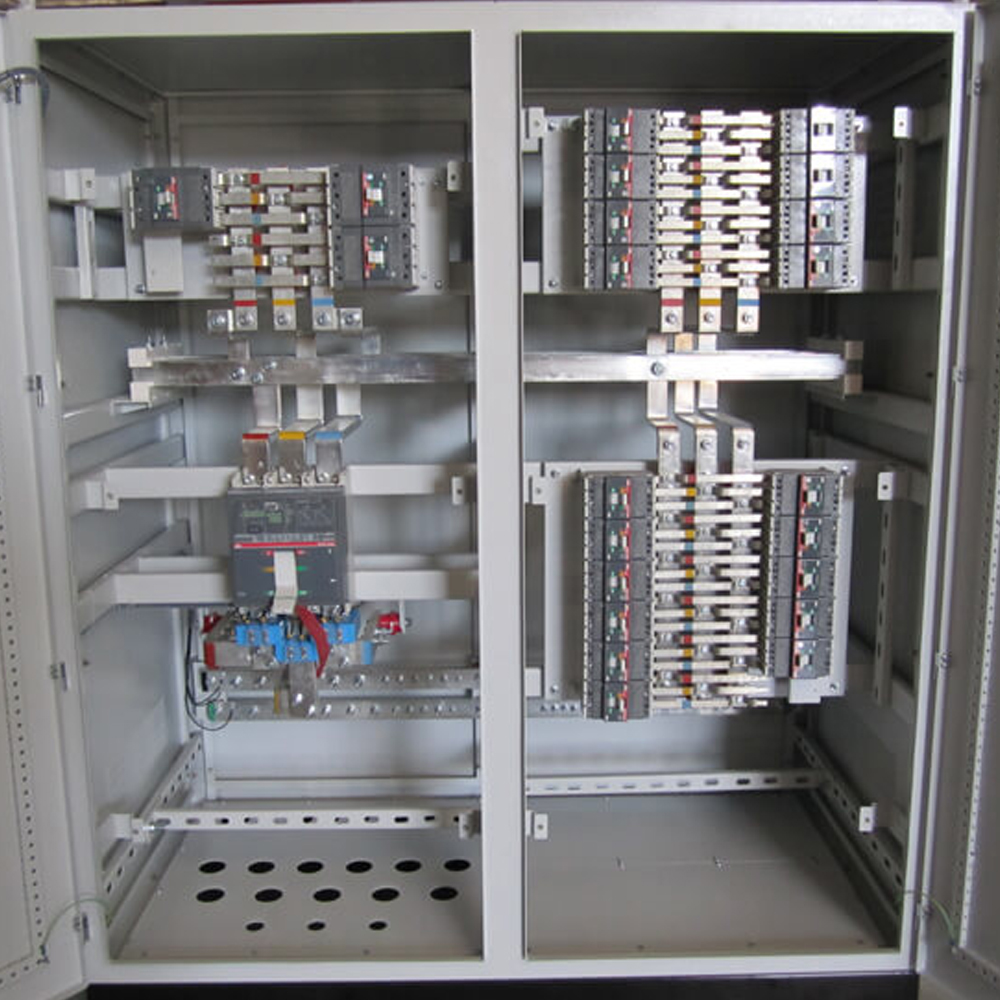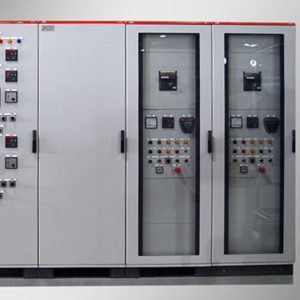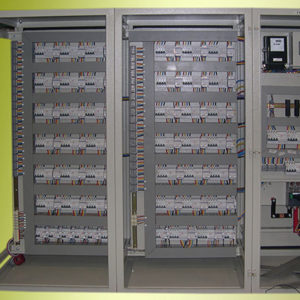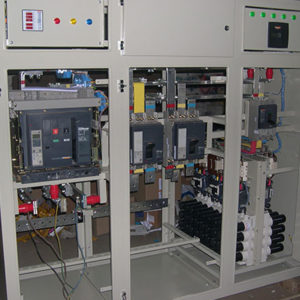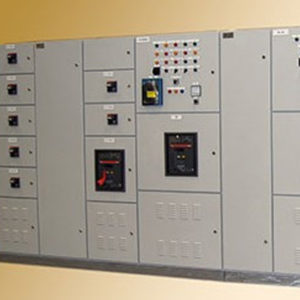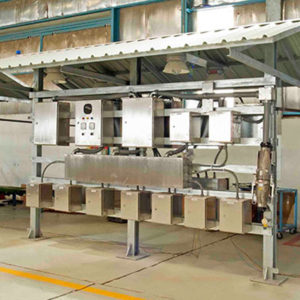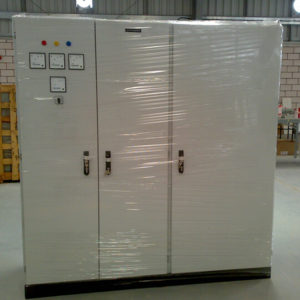Description
A Typical Secondary Unit Substation Consists Of Three Sections:
- Primary: an incoming section that accepts incoming high voltage (2400 to 13,800 volts) line
- Transformer: section that transforms incoming voltage down to utilization Voltage (600 volts or less
- Secondary: an outgoing section that distributes power to outgoing feeders and provides protection for these Feeders (600 volts and less)


100KVA UNIT SUBSTATION
Standard Secondary Unit Substations Consist Of
- Medium Voltage Primary
- Transformer
- Low Voltage Secondary
Asry also offers low voltage unit substations with
- Low Voltage Primary
- Transformer
- Low Voltage Secondary
The primary reason for using a secondary unit substation is to bring power as close as possible to the center of the loads. Another reason is that it provides a system design concept incorporating a wide variety of components that permits tailoring equipment to the needs of the application.
A secondary unit substation provides:
- Reduced power losses
- Better voltage regulation
- Improved service continuity
- Increased functional flexibility
- Lower installation cost
- Efficient space utilization
Every component and assembly of secondary unit substations are designed and engineered as an integral part of a complete system.
UNIT SUBSTATION LIGHTING PANEL
Lighting control system are widely use on both indoor and outdoor lighting of commercial, industrial and residential spaces lighting control system serve to provide the right amount of light where and when it is needed lighting control systems are employed to maximize the energy saving form the lighting system. This may include digital timers and photocell that are hardwired to control fixed group of lights independently

100A/160/200/250A LIGHTING PANEL

